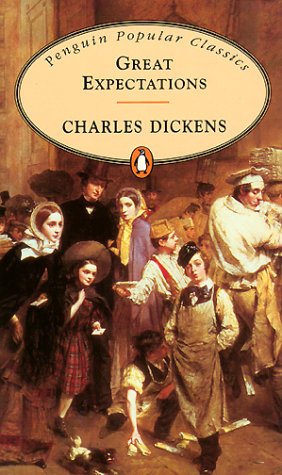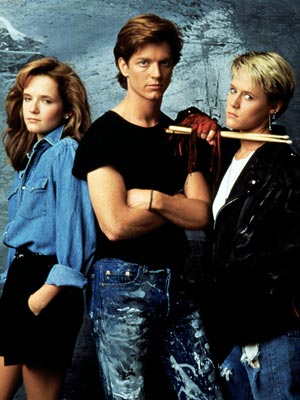A Gentleman in Every Sense of the Word
In today’s society in particular, finding true gentlemen can
be quite a challenge. Men today are becoming more and more snobby and losing
the manners and grace that women rightfully deserve. These days, you would be
hard pressed to find a man hold a door open for a woman, pick up her pencil
which may have dropped, or even say “Bless You” after sneezing. I guess you
could say that chivalry is long dead.
In Charles Dickens’ Great Expectations, the character of Pip
wishes to transform himself into a “gentleman” and truly be a man worth
mentioning in society. He wishes to move away from the rude behavior of others
around him, such as Pumblechook and Mrs. Joe Gargery and create a new persona
for himself. He mentions to Biddy his desire to become a gentleman and vents
his frustration by saying “I am not at
all happy as I am. I am disgusted with my calling and with my life.” (Page 160)
Pip’s willingness to make a 360 degree change and transform
himself should be commended and lauded, especially coming at such a young age.
There are not too many people I know who exhibit the
“gentlemanly” traits that society is in desperate need for. However, one
exemplary individual comes to mind: Montreal Canadiens hockey legend Jean
Beliveau. His career and legacy is defined not merely by statistics, personal
honors, or Stanley Cup championships, but by his humble demeanor, his respect
for others in and outside the game, and his overall well regard for others. He
captained the Canadiens for 10 years and led them in an exemplary fashion.
Although I was not yet born to witness his prowess on the
ice, video footage on YouTube speak volumes about his character and the respect
his own adversaries such as rival players on Toronto and Boston showed him. Up
until recently, Le Gros Bill (as he is affectionately called), would, through
sickness and health, personally respond to all the fan mail received by hand,
with an autographed card in tow. His passion and devotion to his fans is
nothing short of remarkable. The class with which he conducts himself is simply stellar.
I can attest to his remarkable character firsthand as I had
the honor and the privilege of visiting with Mr. Beliveau at his home this past
summer. He exceeded all the expectations that I had about him. Despite failing
health, a bad back, and overall tiredness, he graciously spent a few hours with
my father, grandfather, a friend and I talking hockey, signing autographs, and
reminiscing about old memories. I cannot possibly do the man justice for his
genuineness, his openness and this overall hospitality. I left his house that August afternoon
profoundly touched and moved. I had never met a man who exemplified every
possible value you could want in a man. After having met him, I know exactly
how one should live their life and what it is to truly be a gentleman.
The following video tribute by the National Hockey League at
their annual awards banquet honoring Mr. Beliveau says everything you need to
know about this one-of-a-kind human being. Notice that in his acceptance
speech, he never mentions himself and instead centers all the attention on
others, just another commendable characteristic in a truly fantastic man.
Who could possibly be a greater person than Mr. Jean Beliveau?














